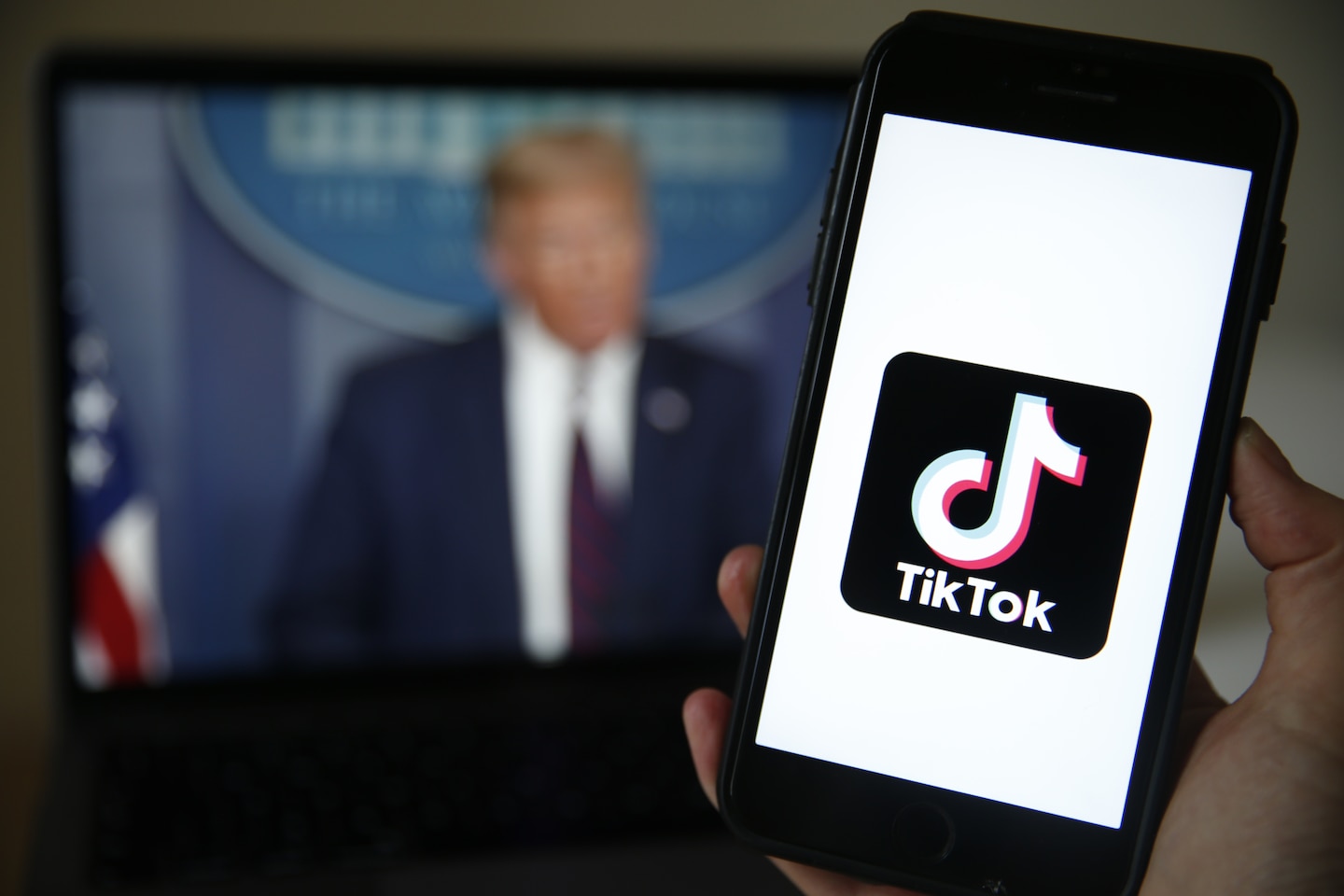Trump grants TikTok a reprieve, but his ban threat should be permanently retired

The Trump administration, the U.S. intelligence community and members of Congress worry that the Chinese government could seize Americans’ user data, posing a national-security risk. The president may share those concerns, but he also has a special reason to dislike TikTok: It has served as an effective platform for his critics. Threatening to ban the irksome app has the appearance of borrowing from Beijing’s authoritarian playbook. The Chinese government, unable to control critics on Facebook and Twitter, simply banned them.
Threatening to ban TikTok during the presidential campaign is bad enough, but doing so while Microsoft has been in negotiations with the platform’s owner, ByteDance, puts the U.S. government in the position of seeming to force a foreign company into selling a valuable asset to a domestic firm — a terrible message to investors. Demanding a cut of the sale proceeds for the government, as Trump did Monday, is a tactic that a country committed to the rule of law should never entertain.
The act gives the president sweeping powers upon declaration of a national emergency. President Jimmy Carter was the first to invoke IEEPA, freezing Iranian assets in the United States during the Iranian hostage crisis. Presidents have invoked IEEPA to declare national emergencies 59 times.
What is the national emergency here? It’s hard to imagine Beijing being interested in the personal data of teenagers who post brief videos of themselves dancing, doing funny things or offering social commentary. The national-security concern appears to be that, as TikTok becomes more widely popular, it might be used by members of the military, diplomats and government employees. Embarrassing activity could expose them to blackmail (though that would be the case on any social-media platform), or the app could monitor their movements by location tracking.
TikTok has strongly pushed back against recent criticism. The company says it does not pass user data to the Chinese government, and promises transparency regarding the use of its algorithms and content moderation. TikTok also seems to have tried to reassure Washington in May by appointing an American, former Disney executive Kevin Mayer, as its chief executive.
Without banning TikTok or forcing a sale, the Trump administration could reasonably insist on unannounced security audits of the company’s computers as the price of operating in the United States. The administration could also bar military personnel, diplomats and government employees from using the app. And U.S. tech companies such as Apple and Google could be recruited to help ensure that the app can’t collect information that it shouldn’t — for instance, blocking access to the user’s microphone when the app is not on.
Still, the president may ultimately invoke IEEPA — but he cannot do it simply because TikTok carries material such as comedian Sarah Cooper’s skewering of Trump simply by lip-syncing along with his actual words. Congress limited presidents from using IEEPA, directly or indirectly, to ban any “personal communication, which does not involve the transfer of anything of value.” Cooper’s TikTok performances may be priceless, but they don’t involve the transfer of anything of value.
Then there were the reports that TikTok teens helped monkey-wrench the president’s rally in Tulsa in June by flooding his campaign with ticket requests they had no intention of using. Maybe Trump’s threat against the company has more to do with worries about ticked-off teens who care about Black Lives Matter, climate change and rampant guns. Any threat from TikTok is long-term, not one requiring dramatic action before the election.
Shutting down TikTok during the presidential campaign would harm free speech, but it would also add fuel to the tech trade war with China, possibly worsening an already dire economic outlook. China has recently discussed an “unreliable entity list” of foreign corporations that it might sanction in response to the United States’ banning of Huawei from domestic communications systems, citing security concerns. Beijing could easily turn against Apple, which recently announced record earnings over the past quarter, including $9 billion from China alone.
There is an economic argument to be made against banning TikTok, but it shouldn’t be necessary. Just as Trump’s promised border wall is antithetical to the values of a nation of immigrants, his Great Firewall of America would be antithetical to another of our fundamental values: free speech.
Read more:






